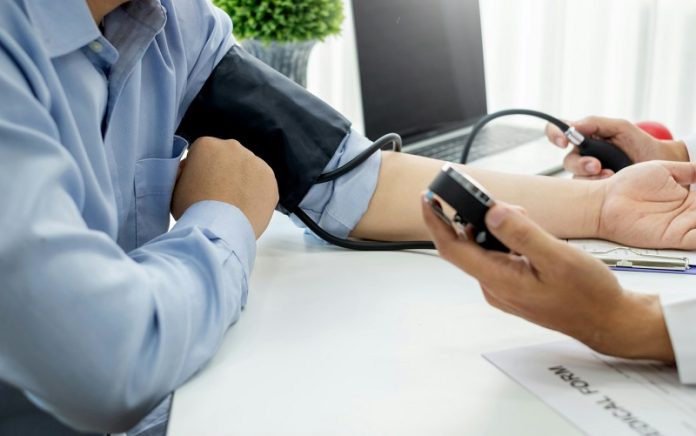
High blood pressure, also known as hypertension, is a common health problem. If not treated, it can lead to serious conditions like heart disease, stroke, and kidney damage. The good news is that you can often lower your blood pressure naturally through healthy habits—without needing medication right away.
One of the best ways to reduce blood pressure is by eating a healthy diet. A popular plan called the DASH diet (Dietary Approaches to Stop Hypertension) has been proven to help.
This diet focuses on eating more fruits, vegetables, whole grains, lean meats, and low-fat dairy. It also limits foods high in salt, sugar, and saturated fat. Research shows that following the DASH diet can lower your blood pressure in just a few weeks.
Salt (sodium) plays a big role in high blood pressure. Eating too much salt causes your body to hold onto water, which raises blood pressure. Try to keep your salt intake under 2,300 milligrams a day—that’s about one teaspoon. Reading food labels and cooking more meals at home can help you stay within this limit.
Exercise is another powerful tool. Being active helps your heart get stronger and pump blood more easily. This takes pressure off your arteries. Try to get at least 150 minutes of moderate exercise each week. That’s about 30 minutes a day, five days a week. Activities like walking, biking, swimming, or even gardening count.
If you’re overweight, losing some of that extra weight can make a big difference. Even small weight loss helps. For every 2.2 pounds (1 kg) you lose, your blood pressure can drop by about 1 mm Hg. So if you lose 10 pounds, you could lower your blood pressure by around 5 mm Hg.
Stress also affects blood pressure. When you’re stressed, your body produces hormones that make your heart beat faster and your blood vessels tighten. Finding ways to relax—like deep breathing, meditation, yoga, or doing hobbies you enjoy—can help lower your stress and your blood pressure. Spending time with loved ones and getting enough sleep are also great for reducing stress.
Drinking less alcohol is another helpful step. Too much alcohol can raise your blood pressure. If you drink, try to keep it moderate: no more than two drinks a day for men and one drink a day for women. One drink equals 12 ounces of beer, 5 ounces of wine, or 1.5 ounces of liquor.
If you smoke, quitting is one of the best things you can do for your heart and your blood pressure. Smoking damages blood vessels and makes your blood pressure go up. Once you quit, your heart and arteries begin to heal, and your risk of serious heart problems goes down.
Potassium is a mineral that helps control how salt affects your body. It helps your blood vessels relax and may lower blood pressure. Good food sources of potassium include bananas, oranges, spinach, sweet potatoes, and beans. Try to get about 3,500 to 4,700 milligrams per day from food, unless your doctor tells you otherwise.
Here’s a bonus tip: dark chocolate in small amounts can also help! It contains natural plant chemicals called flavonoids, which help relax blood vessels. Choose dark chocolate with at least 70% cocoa, and enjoy it in moderation.
Lastly, keep track of your blood pressure at home. A home monitor lets you see how your lifestyle changes are working and helps your doctor make better treatment decisions. Be sure to get regular check-ups too.
In summary, high blood pressure doesn’t have to control your life. With a mix of healthy eating, regular exercise, weight management, stress reduction, and other smart habits, you can take charge of your health. Even small changes add up. Talk to your doctor before starting new routines, and take one step at a time toward a healthier heart and a better life.
If you care about blood pressure, please read studies about how diets could help lower high blood pressure, and 3 grams of omega-3s a day keep high blood pressure at bay.
For more health information, please see recent studies about how tea and coffee influence your risk of high blood pressure, and results showing this olive oil could reduce blood pressure in healthy people.
Copyright © 2025 Knowridge Science Report. All rights reserved.



